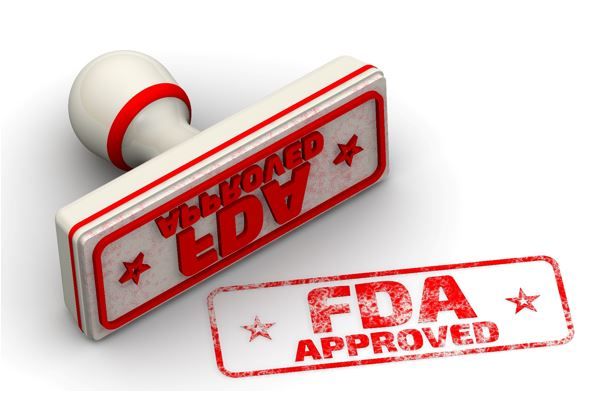- Clinical Technology
- Adult Immunization
- Hepatology
- Pediatric Immunization
- Screening
- Psychiatry
- Allergy
- Women's Health
- Cardiology
- Pediatrics
- Dermatology
- Endocrinology
- Pain Management
- Gastroenterology
- Infectious Disease
- Obesity Medicine
- Rheumatology
- Nephrology
- Neurology
- Pulmonology
FDA Approves Higher Dose of Semaglutide (2 mg) to Reduce HbA1c in Type 2 Diabetes
The higher dose of the GLP-1 analogue allows more flexibility for patients with T2D needing to intensify treatment, says manufacturer Novo Nordisk.
©waldenmarus/adobe stock

The US Food and Drug Administration (FDA) has approved a 2.0 mg dose of semaglutide (Ozempic, Novo Nordisk), a once-weekly injectable glucagon-like peptide-1 (GLP-1) analogue for the treatment of adults with type 2 diabetes (T2D), according to a statement from Novo Nordisk.
A second quarter US launch is anticipated for the increased dose, according to the company.
The antihyperglycemic agent, approved in the US in 2017 at doses of 0.5 mg and 1.0 mg, is also indicated to reduce the risk of major cardiovascular events in adults with T2D and known cardiovascular disease.
Original FDA approval of semaglutide at a maximum dose of 1.0 mg was based on findings from the SUSTAIN series of trials. The current approval is based on more recent outcomes, from the SUSTAIN-FORTE trial.
The phase 3b efficacy and safety trial enrolled 961 patients with T2D who required treatment intensification and randomized them to receive once-weekly semaglutide 2.0 mg or once-weekly semaglutide 1.0 mg as add-on to metformin and/or sulfonylureas. When used as intended, according to Novo Nordisk, patients treated with the 2.0 mg dose achieved a statistically significant and superior reduction in HbA1c of 2.2% compared with a reduction of 1.9% among those treated with the 1.0 mg dose at week 40.
Moreover, the majority (89%) of those treated with semaglutide 2.0 reached the American Diabetes Association treatment target of HbA1c <7.0% compared with 58% of those treated with 1.0 mg.
Both treatment doses appeared safe and well-tolerated with a side effect profile consistent with the GLP-1 receptor agonist class, ie, gastrointestinal complaints that were mild/moderate and diminished over time.
“We are pleased with the FDA approval for a higher 2.0 mg dose of Ozempic®, which further supports our purpose of driving change in diabetes care” said Martin Lange, executive vice president, Development at Novo Nordisk in the company statement. “The approval of the 2.0 mg dose allows more people with type 2 diabetes to achieve and maintain individualized glycaemic targets and remain on the same medication for longer as their needs evolve.”
Semaglutide 2.0 mg will be launched in the US during the second quarter of 2022, according to the statement, and is now approved also in the EU, Canada, and Switzerland.
